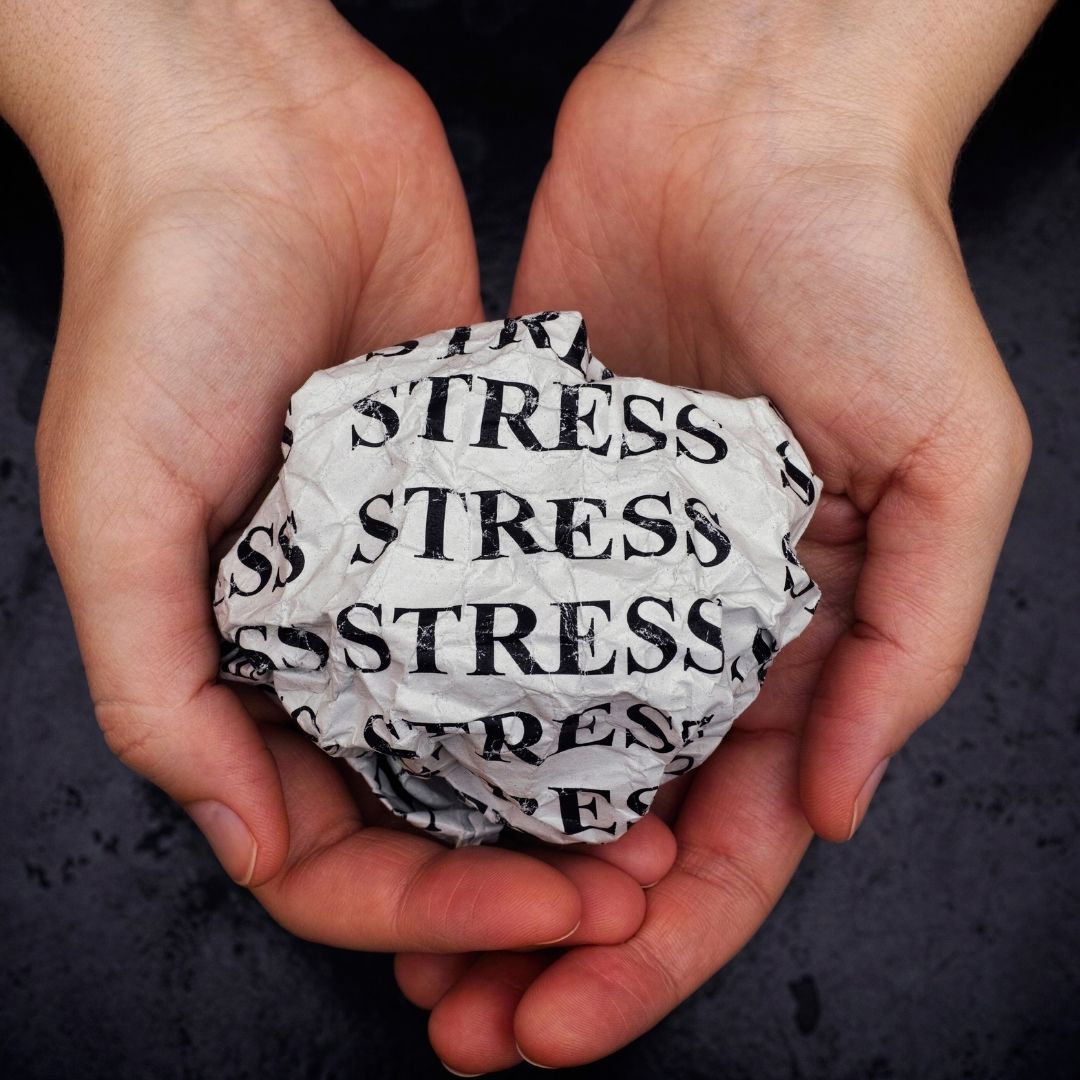
30 Jun Stress Optimization For Better Productivity
With the ongoing second wave of COVID-19 in the country, it is challenging to not feel overwhelmed. If you think you are not at your usual level of productivity, you are not alone. If you feel you are over-stressed or over-worked, you are not the only one.
With more than a year of working from home away from the company of your colleagues and minimal social interaction, there are good chances that you could be suffering from burnout. With inadequate knowledge about identifying and managing stress, you could be putting your personal relationships, mental and physical well-being at risk.
The key here is to understand that all stress is not bad. It is equally essential to note that considering all stress as negative is not helpful either. Stress is a natural response and can help you in solving problems and learning from your experiences.
What can help you is learning how to optimise stress and use it for your personal growth.
Identify Stress
Most executives are unable to identify their stressors and associated response. For instance, some people tend to get antsy or aggressive when under stress. Others may retreat into a shell. With self-awareness, you can identify them and work towards optimising your stress.
Journaling before going to bed is one of the best ways to reflect on your day and understand your triggers and responses. Try to think of what stressed you at work and what was your reaction to it. Were you able to go back to your routine just after, or did it linger on your mind and prevented you from focusing? What are your coping mechanisms, and do they leave you refreshed or depleted?
Also Read: Resilience in the times of Covid-19
Cultivate habits to deal with stress
Optimising your stress is going to be a long journey, and there will be hits and misses along the way. To optimise your stress, you can work on building a few habits.
Create a work schedule
Schedule 1-2 hours in a day where you focus only on your work. It should be the time to think and work on your deliverables. Shut off your phone and email notifications so that there are fewer distractions.
Define your work schedule and try not to exceed it more than once or twice a week. When you shut your laptop, try to disconnect from work mentally. Leave the room as a sign to indicate to your brain that the workday is over.
Take stress relief breaks
Take short five-minute breaks every hour, and more importantly, between two successive meetings. It should be your window to refresh yourself. Take a little walk, sing a song or stretch in your seat – find out what works for you. However, do not use this time slot to scroll down your social media feeds.
Exercise
Make an exercise regime that works for you. Exercise can do wonders by releasing happy hormones in your body and preparing it better to deal with stress. If you are hard-pressed for time, try to take your meetings on call while walking.
Sleep well
Make sure that you get a consistent 7-9 hours of shut-eye every day of the week. It is not about compromising on sleep during the weekdays and binge-sleeping over the weekend.
At EduPeer, we can help you with all your college admission needs, from choosing the right country and subjects for you to college lists, resume building, interview preparation and much more. Book a free consultation by clicking on the button and filling in the details below.
